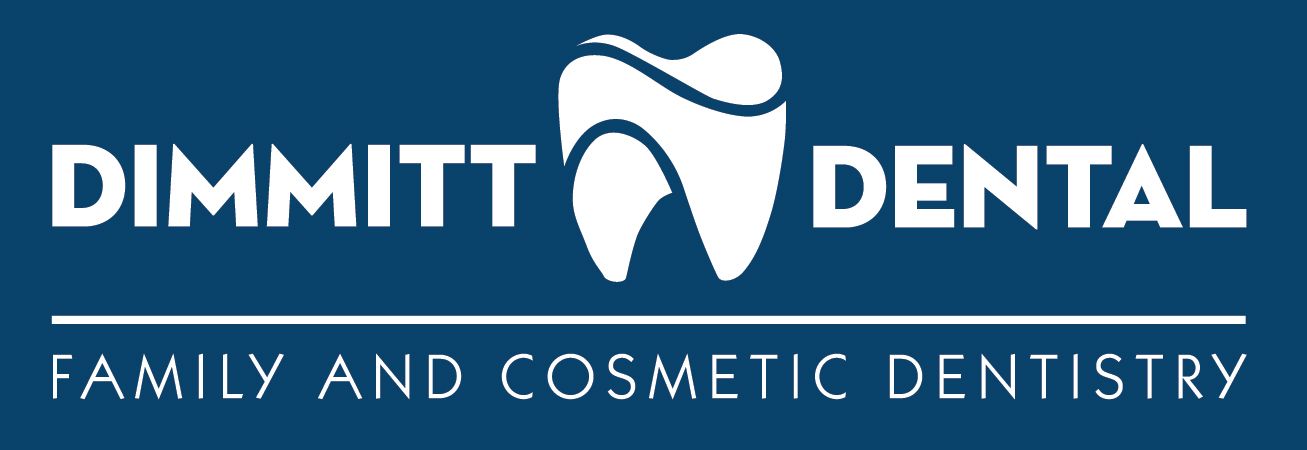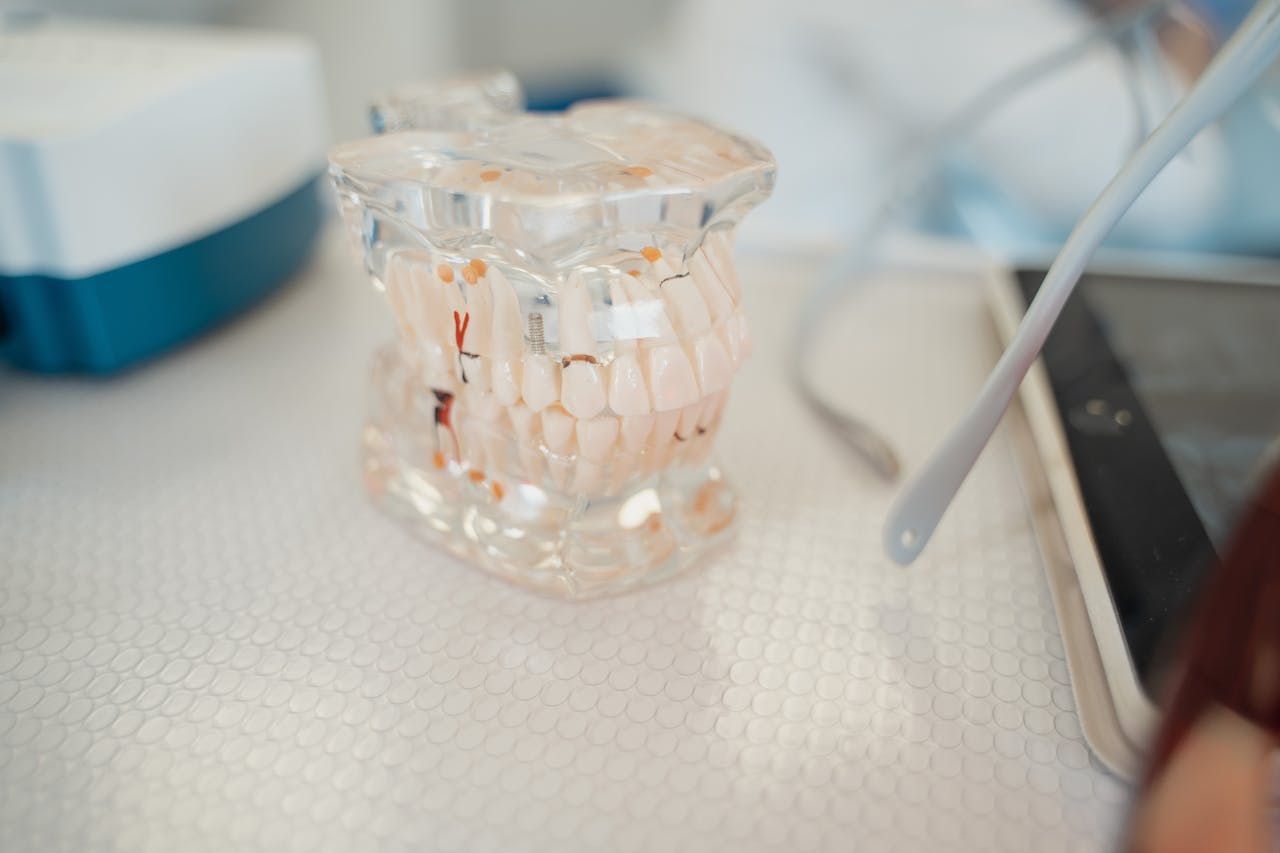Simple Ways to Avoid Cavities and Tooth Decay
Keeping your teeth healthy and free of cavities is crucial for a bright smile and overall well-being. If left untreated, cavities and tooth decay can lead to pain, infection, and severe dental problems. The good news is that preventing these issues can be straightforward with the proper habits. By adopting simple practices and making informed choices, you can protect your teeth from decay and maintain excellent oral health.
This article will explore practical ways to prevent cavities and tooth decay. From maintaining good oral hygiene, choosing the right foods, understanding the importance of regular dental visits, and considering protective treatments, we'll provide practical tips to safeguard your smile. By following these guidelines, you can enjoy healthier teeth and a brighter, more confident smile.
Importance of Good Oral Hygiene Habits
Good oral hygiene is crucial in preventing cavities and tooth decay. Brushing your teeth at least twice daily helps remove plaque, the sticky film of bacteria that can cause decay. Use fluoride toothpaste and a soft-bristled toothbrush to get the best results. Brushing cleans your teeth, freshens your breath, and keeps your gums healthy.
Flossing daily is equally important. Flossing removes food particles and plaque stuck between your teeth, where your toothbrush can't reach. It helps prevent gum disease and cavities in those hard-to-reach areas. If you find traditional floss challenging, consider floss picks or water flossers as alternatives.
Another good habit is rinsing with mouthwash. An antibacterial mouthwash helps kill bacteria that cause plaque and gum disease. Choose a mouthwash with fluoride to help strengthen your tooth enamel and make it more decay-resistant. Consistency in these habits goes a long way in maintaining a healthy mouth.
Choosing the Right Foods and Drinks
What you eat and drink affects your oral health. Sugary and starchy foods are the main culprits behind cavities. Bacteria in your mouth feed on sugar and produce acids that attack your tooth enamel. Limiting soda, candy, and other sweets can help reduce your risk of cavities. If you indulge, brush your teeth soon or rinse your mouth with water.
On the flip side, some foods can help keep your teeth healthy. Dairy products like cheese, yogurt, and milk are good choices because they are rich in calcium and phosphates, strengthening tooth enamel. Crunchy fruits and vegetables like apples, carrots, and celery also benefit your teeth. They increase saliva production, which neutralizes acids and cleanses your mouth.
Drinking plenty of water is also essential for oral health. Water helps wash away food particles and bacteria, reducing plaque buildup. It also keeps your mouth hydrated, which is necessary for maintaining a healthy level of saliva. Saliva contains enzymes that help break down food and neutralize harmful acids. Staying well-hydrated promotes overall dental health.
Benefits of Regular Dental Visits
Regular dental visits are crucial for maintaining oral health. While daily brushing and flossing are essential, professional cleanings and check-ups provide deeper care. Your dentist can remove plaque and tartar that your toothbrush can't reach, reducing the risk of cavities and gum disease. Regular cleanings also leave your teeth feeling smooth and looking brighter.
Dental check-ups provide an opportunity for early detection of potential issues. Your dentist can spot signs of cavities, gum disease, or other problems early on when they are easier to treat. Catching issues early prevents them from becoming more severe and costly. Routine X-rays, as needed, help identify problems that aren't visible to the naked eye, such as tooth decay below the gum line or bone loss.
Another benefit of regular dental visits is personalized advice. Your dentist can provide tips specific to your oral health needs, such as brushing techniques, dietary recommendations, or mouthguard use. Personalized guidance helps you take better care of your teeth and gums, ensuring a healthier mouth. Scheduling regular dental visits is an intelligent step toward preventing cavities and maintaining good oral health.
Protective Measures and Treatments to Consider
Several protective measures and treatments can further help prevent cavities and tooth decay. One such measure is the use of dental sealants. Dental sealants are thin coatings applied to the chewing surfaces of your back teeth (molars). They create a protective barrier that removes food particles and bacteria, reducing the risk of cavities. Sealants are particularly beneficial for children but can be used by adults, too.
Fluoride treatments are another effective way to prevent tooth decay. Fluoride is a mineral that helps strengthen tooth enamel and make it more resistant to acid attacks. Fluoride treatments, such as gels, foams, or varnishes, can come in various forms and are typically applied during dental visits. Regular fluoride toothpaste and mouthwash at home can also contribute to stronger enamel.
In addition to these treatments, using a mouthguard can protect your teeth, especially if you participate in sports or grind your teeth at night. Mouthguards cushion your teeth and prevent damage from impact or grinding. Your dentist can custom-fit your mouthguards for better comfort and protection.
Conclusion
Preventing cavities and tooth decay is a continuous effort that involves good habits, intelligent choices, and professional care. Your teeth play a vital role in your smile and overall health. Taking these preventive steps helps ensure that your teeth stay strong and healthy. If it's been a while since your last dental visit or if you have any concerns about your oral health, it's never too late to take action.
Schedule an appointment with Dimmitt Dental today. Our friendly team is here to help you achieve and maintain a healthy, cavity-free smile through
preventive dental services. Your oral health is our priority, and we're dedicated to providing you with the best possible care. Call us now to book your visit and take the first step toward a healthier, happier smile.
HOURS
- Monday
- Closed
- Tuesday
- - -
- Wed - Thu
- - -
- Friday
- - -
- Sat - Sun
- Closed
All Rights Reserved | Dentist Websites by Energize Group




